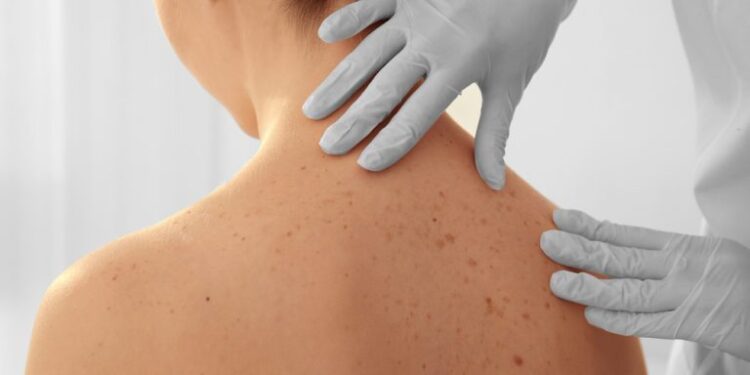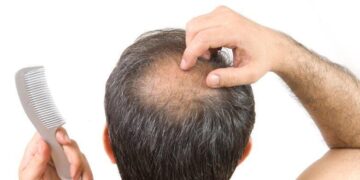Early detection is the cornerstone of successful skin cancer treatment, and residents in Brisbane’s east are increasingly turning to reliable clinics for preventive care. A skin check Morningside can be the first crucial step toward identifying and addressing any concerning skin changes before they become a serious health issue. With Australia having one of the highest rates of skin cancer globally, regular skin assessments have never been more important.
Why Early Detection Matters
Skin cancer, particularly melanoma, can progress rapidly. However, when caught in its early stages, the chances of a full recovery are significantly higher. Early detection not only increases survival rates but also minimizes the need for invasive treatments or surgeries. While many people are aware of the dangers of prolonged sun exposure, fewer take the proactive step of scheduling routine skin checks.
In most cases, skin cancer develops slowly and presents visible signs—making early detection achievable with regular monitoring. Changes in mole size, colour, or shape, as well as new lesions or persistent sores, can all be early indicators. This highlights the importance of professional skin checks by trained practitioners who can identify the difference between benign changes and early signs of skin disease.
What to Expect During a Skin Check
A full-body skin examination is a straightforward, non-invasive process. It typically takes 15 to 30 minutes and is conducted in a private clinical setting. The practitioner will use a dermatoscope—a special magnifying tool with polarised light—to examine moles, freckles, and other skin markings in detail. This tool allows for enhanced visibility beneath the surface of the skin, improving the accuracy of diagnosis.
During your appointment, the clinician may ask questions about your family history, previous sun exposure, and any noticeable changes you’ve observed. If anything suspicious is found, a biopsy may be recommended for further analysis. Otherwise, you’ll receive peace of mind knowing your skin is healthy—or early support if an issue is detected.
Ideal Frequency for Skin Checks
How often you should have a skin check depends on your personal risk factors. Individuals with fair skin, a family history of skin cancer, a large number of moles, or a history of sunburns should consider more frequent screenings—typically once every six to twelve months. Those at low risk may only need annual exams. Your clinician can advise a schedule that suits your personal risk profile.
It’s also a good habit to perform monthly self-checks at home. Use a mirror or ask a partner to help examine hard-to-see areas such as the back, scalp, and behind the ears. Familiarizing yourself with your own skin can help you identify new or changing spots that warrant professional attention.
Lifestyle Factors That Influence Skin Health
Preventing skin cancer goes beyond skin checks—it involves daily lifestyle habits. Wearing sunscreen with an SPF of 30 or higher, avoiding peak sun hours, wearing protective clothing, and staying in shaded areas can drastically reduce UV exposure. Additionally, avoiding tanning beds and being mindful of sun exposure even on cloudy days are key steps in protecting your skin long-term.
Maintaining skin health is also about supporting your body from within. A nutrient-rich diet, hydration, and avoiding smoking can all contribute to skin resilience and recovery.
The Role of Technology in Skin Cancer Detection
Technology is playing a growing role in skin checks. Digital dermoscopy, mole-mapping software, and AI-powered tools are assisting clinicians in documenting changes over time and detecting subtle abnormalities. These technologies help with early detection and allow for more accurate comparisons during follow-up visits.
Furthermore, clinics are now offering teledermatology services—where you can send images of skin concerns and receive a remote assessment. While not a substitute for an in-person exam, these tools offer an additional layer of convenience and access, especially for busy individuals or those in remote areas.
Choosing a Reliable Clinic in Morningside
Selecting a trustworthy clinic is essential. Look for a facility with experienced dermatologists or skin cancer specialists, a clean and professional environment, and modern diagnostic tools. Reading reviews and checking credentials can help you feel confident about your care provider.
Clinics that prioritize education, patient comfort, and preventive health are often best suited for long-term care. Establishing a relationship with your practitioner can also encourage regular attendance and better overall outcomes.
Take the First Step Toward Protection
Taking control of your skin health begins with a decision—to act early. Whether you’ve noticed a change in your skin or are simply due for a check-up, don’t delay. Skin checks are a small investment of time that can pay off in a lifetime of health. By choosing a local and reliable clinic, you can stay one step ahead of skin cancer through early, proactive care.













